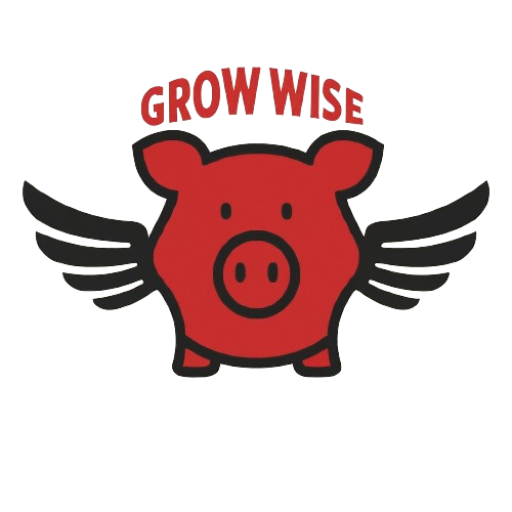For Indian farmers, navigating the financial landscape can be challenging. Access to timely credit is crucial for agricultural operations, but traditional methods often pose obstacles. Fortunately, the Kisan Credit Card (KCC) scheme offers a tailor-made solution, empowering farmers to meet their financial needs with ease. This comprehensive guide, specifically targeted towards Indian farmers, aims to shed light on the KCC scheme and its benefits.
What is a Kisan Credit Card (KCC)?
The KCC scheme, launched by the Government of India in 1998, is a specialized credit card designed to address the unique financial requirements of farmers. It provides a single-window access to a revolving credit line, covering various needs such as:
- Crop cultivation expenses (seeds, fertilizers, pesticides, etc.)
- Post-harvest expenses (storage, transportation, marketing)
- Farm maintenance and equipment purchase
- Household consumption needs
- Investment in allied activities like dairy, poultry, fisheries
Key Features of KCC:
- Revolving Credit Limit: Unlike traditional loans, KCC offers a flexible credit limit, allowing farmers to withdraw and repay funds as needed within the sanctioned limit.
- Subsidized Interest Rates: The Government of India provides interest subvention on KCC loans, making credit more affordable for farmers.
- No Collateral Required: Unlike traditional loans, KCCs don’t require collateral security for smaller loan amounts, easing access for small and marginal farmers.
- Flexible Repayment Options: Farmers can repay KCC loans in installments, aligned with their crop cycles and income patterns.
- Wide Network: KCCs are available through various banks and post offices across India, ensuring easy accessibility.
Benefits of using a Kisan Credit Card:
- Improved Financial Management: KCCs offer a structured and transparent way to manage agricultural finances, promoting financial discipline.
- Reduced Dependence on Informal Lenders: By providing access to formal credit, KCCs help farmers avoid the high interest rates and exploitative practices of informal lenders.
- Timely Access to Funds: KCCs ensure uninterrupted access to credit, preventing delays in agricultural operations and potential losses.
- Increased Productivity: Timely access to credit allows farmers to adopt improved agricultural practices and invest in better inputs, leading to higher yields and income.
- Investment Opportunities: KCCs provide credit for allied activities, enabling farmers to diversify their income sources and improve their overall financial stability.
Eligibility for Kisan Credit Card:
- Individual farmers and joint holders engaged in agricultural activities
- Minimum age of 18 years
- Land ownership or leasehold rights (specific requirements vary)
Applying for a Kisan Credit Card:
- Visit your nearest bank or post office offering KCC scheme.
- Fill out the application form and submit necessary documents (land ownership proof, identity proof, etc.)
- Bank officials will assess your eligibility and creditworthiness.
- Upon approval, you will receive your KCC with the sanctioned credit limit.
Things to Remember:
- KCCs are not a substitute for good financial planning. Utilize the credit responsibly and make timely repayments.
- Explore different KCC options offered by various banks to compare interest rates and features.
- Consult with agricultural extension officers or financial advisors for guidance on managing your KCC effectively.
Please note:
- GrowWise is not registered with the Securities and Exchange Board of India (SEBI) as an investment advisor, research analyst, or portfolio manager.
- The information published on this blog is presented for educational purposes only and should not be construed as financial advice.
- We strongly recommend that you seek the advice of a qualified financial advisor before making any investment decisions.


Leave a Reply